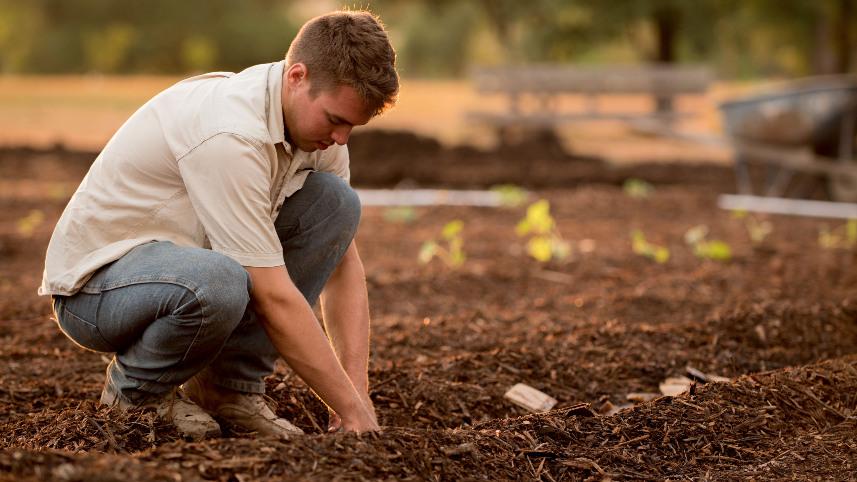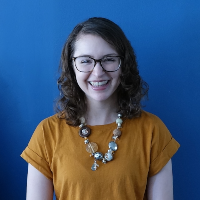“It’s time. Are we ready to let the participants into the room?” asked Kate Carter, NCSE’s Director of Community Science Education, over Zoom, right before our program went live. I felt a rush of excitement as I saw the participant number rise with each passing minute. Eventually, 25 people joined our virtual program, Climate Change Summit: 100K Challenge, as part of the virtual Bay Area Science Festival.
Climate Change Summit is a 90-minute town hall-style immersive game in which people come together to solve a local climate issue. Originally developed by Carter, with added input in 2020 from intern EJ Herdman and Graduate Student Outreach Fellow Annie Stoeth, the game asks participants to role-play townspeople who are trying to decide—and advocate for—how best to use $100,000 to fund a climate-friendly initiative in their town.
What’s it like to facilitate a program virtually these days? you might ask. It’s nerve-wracking and an adrenaline rush all at once. On the plus side, it’s amazing to be able to engage with people from all over the world to share an hour of connection amid the pandemic. One downside to a virtual program, however, is that your participants’ focus is now entirely on the image conveyed by your webcam. Fortunately, a virtual background (provided by the festival coordinators for all program facilitators) spared everybody from the distraction of the plethora of pumpkins in my living room.
In this session of Climate Change Summit, the participants, ranging in age from 8 to adult, were assigned a character from five stakeholder groups representing an interest in disaster preparation, education, reforestation, solar panels, or stormwater management. Each group was given a proposal to spend the $100,000 to mitigate climate change. They were instructed to discuss the proposal within their group, and then with participants from other groups. And each participant was assigned a “viewpoint” about the proposal that fit their specific area of interest; they also received data relevant their character, such as infographics about acreage loss due to wildfires or maps of climate change awareness on a global scale.
With such a big age range to deal with, the group leaders had to work hard to keep the conversation flowing smoothly. They encouraged each participant to get into character—a local landscaper or a firefighter, for instance. “People liked having a point of view from which to analyze the data, and it made the conversations much more colorful,” observed Carter.
Carter and I acted as facilitators, and volunteer Anna G. took on the role of town hall moderator—the first person to guide participants through the role play. NCSE Director of Teacher Support Lin Andrews, as well as volunteers Sam G., Jennifer I., Morgan G., and Lexi R., acted as stakeholder group leaders. Each leadership role was vital in ensuring the program ran smoothly. Between breakout rooms, screen sharing, speaking, and keeping track of time, it took every one of us to keep the whole event afloat.
After participants met in their same-interest group and then in mixed-interest groups where they debated the merits of the various proposals, each person had a chance to share their final thoughts. Then they voted. Right in line with last year’s summit, the education proposal, which sought to allocate funds to support resources, such as lessons and webinars, for teachers to teach climate change won the vote!


